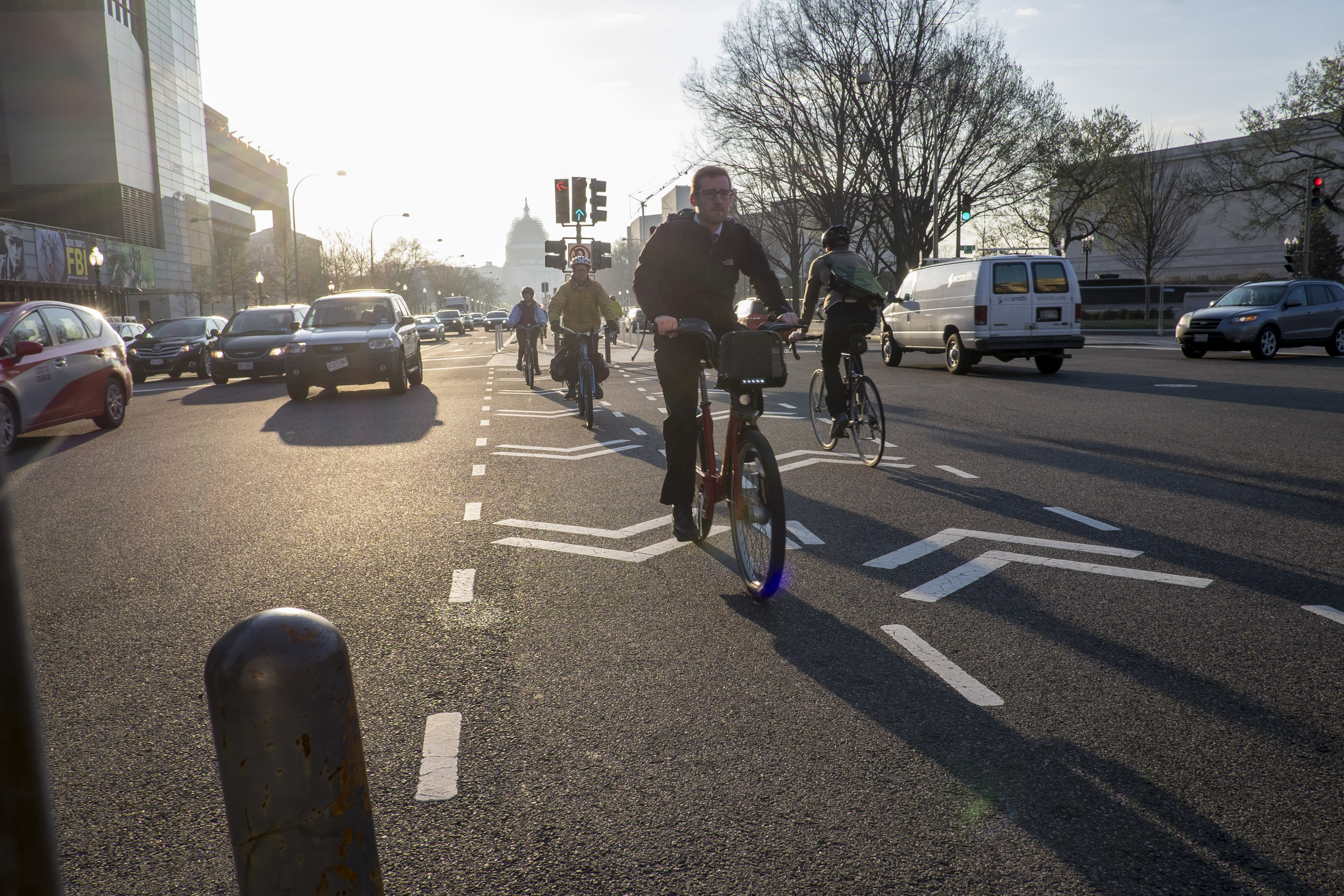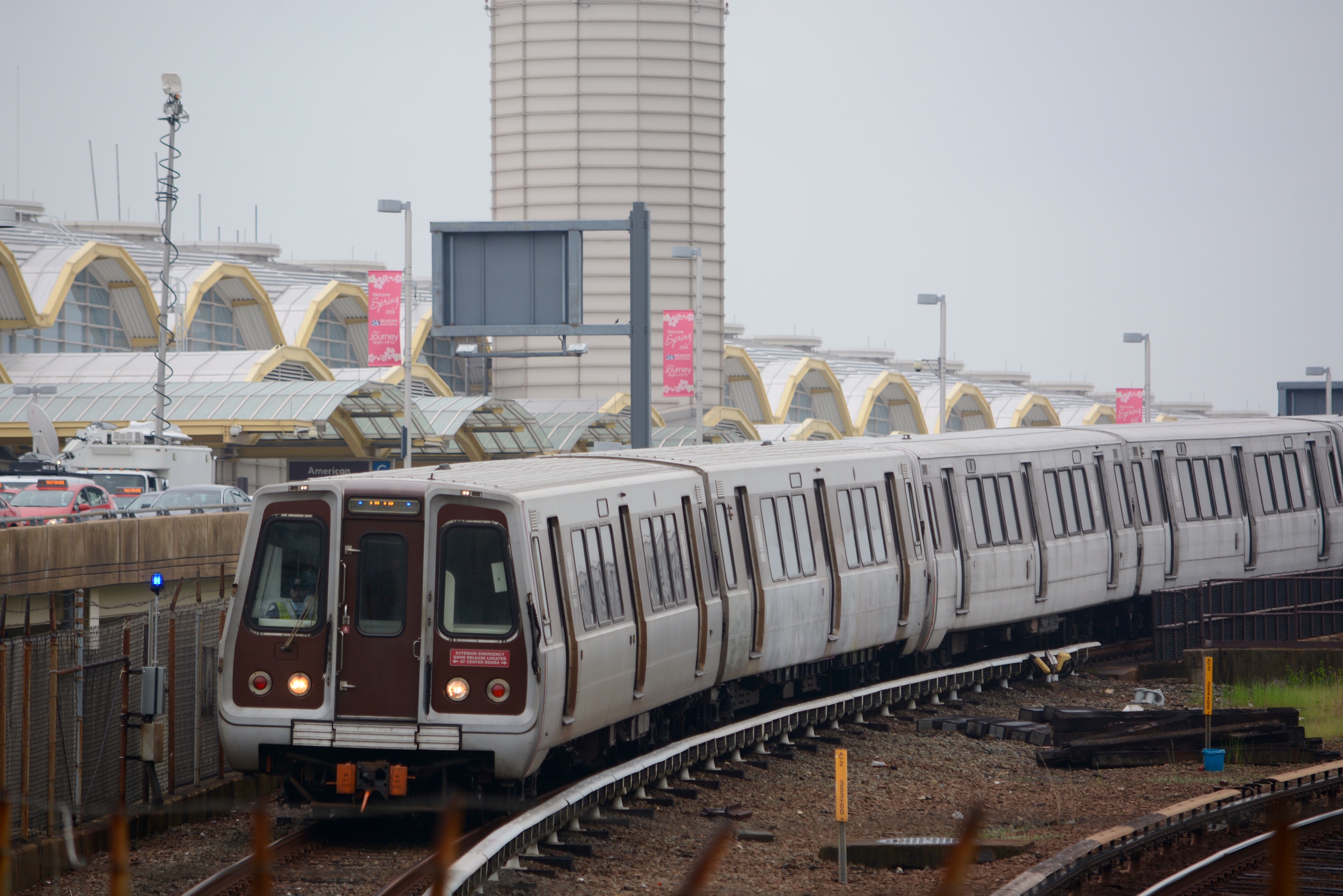WASHINGTON — When Metro launches a year of intense round-the-clock track work next month, it’s sure to disrupt the lives of regular riders. Beginning June 3, the rail system will close at midnight every night to accommodate the work.
But riders seem to agree the safety work is needed to rehabilitate the system. Already, they’re getting the message and preparing for the project, which will reduce train capacity and produce longer travel times.
“I already have organized many different routes for me to take to get me to my destination, so if one fails, I’m not in shock,” said Ayinde Calhoun, an 18-year-old rising sophomore at Towson University, who expects to use Metro this summer to commute to a summer job.
Some riders are already anticipating delays.
“I’ll have to leave the house 30 minutes earlier just to be able to get on the train … because they’re single-tracking,” says 16-year-old Kennedy Gullatte, of Northeast D.C., who attends Woodrow Wilson High School in Northwest.
There is hope the disruptions can be limited.
“Since each of the 15 surges are spread out over roughly nine or 10 months, the impact on any one geographic area is relatively small,” said Barbara Hermanson of Alexandria, Virginia, chair of Metro’s Riders Advisory Council.








